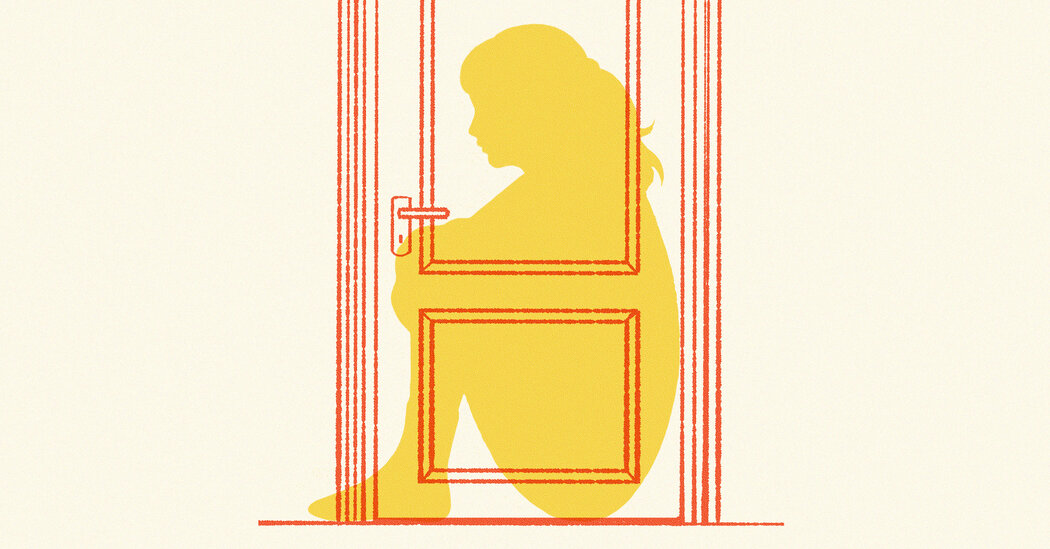In the annals of human history, societies have frequently exalted youth while relegating the wisdom of elder generations to the periphery. The onset of the coronavirus pandemic has starkly illuminated this long-entrenched dynamic, exposing both the vulnerability of our elders and our collective obsession with the vitality of youth. In light of Bahá’í teachings, it is crucial to reconsider how we treat our elders, particularly in the context of a crisis that disproportionately affected this demographic.
The Bahá’í Faith posits that humanity is a single, interconnected entity. The implications of this belief extend beyond mere abstract philosophy; they necessitate a recalibration of societal values so that we may harmonize our relationships, particularly between the young and the old. During the pandemic, the limitations imposed on physical interactions forced many youths to confront the vulnerabilities of their aging relatives. As we navigate through these unprecedented times, it becomes imperative to deepen our commitment to community and familial bonds.
Contemplating the metaphor of the tree, where the youthful branches reach towards the sun while the roots, often unseen, draw nourishment from the soil, one can appreciate how strength in youth depends upon a solid foundation—those roots that represent our elders. Bahá’í teachings advocate a paradigm of reciprocity and mutual respect, emphasizing that the wisdom and experience of our older generations should not only be acknowledged but revered. Indeed, the societal propensity to overshadow elders with a youth-centric lens appears now, more than ever, to be an untenable stance.
As the pandemic surged, many elders found themselves isolated, cut off from their families and communities, reminiscent of a tree stripped of its foliage in a tempest. This seclusion often led to a profound sense of loneliness and dismay, exacerbated by the indefatigable anxiety that surrounded COVID-19. The Bahá’í perspective urges us to acknowledge our collective responsibility in fostering environments where all age groups coexist in harmony. Each group is a vital part of the human tapestry, unique and irreplaceable in its contributions.
Rethinking our societal norms involves instigating dialogues about the importance of intergenerational relationships. Elders possess vast reservoirs of knowledge shaped by years of experience, which can significantly enrich the collective ethos of society. It is through narratives and shared histories that younger generations can forge a deeper understanding of their place within this continuum. The Bahá’í teachings emphasize that wisdom is a priceless asset, one that blooms when nurtured in the fertile ground of active engagement.
Moreover, the pandemic has ushered in a renewed recognition of the need for innovation in how we communicate with, and care for, our elders. Virtual gatherings, once a novelty, became a lifeline for many families. The Bahá’í community’s commitment to fostering inclusivity and connectivity mirrors this urgency to adapt. By leveraging technology, individuals can craft platforms for dialogue that span generations, ensuring that the voices of the elderly are not stifled by the clamor of youth but amplified in mutual understanding.
In addressing the disparities exacerbated by the pandemic, one must also reflect on the notion of service. Bahá’í teachings articulate that acts of service cultivate a spirit of unity and solidarity. As communities began to grapple with the reality of limited resources and increased needs, youth stepped forward to assist their elders out of respect and obligation—qualities that resonate deeply within Bahá’í principles. Such acts not only bridge generational divides but also cultivate empathy, expanding the horizons of young hearts and minds.
This brings us to the crux of the matter: how do we transition from a youth-obsessed society to one that embraces the collective contributions of all? It necessitates challenging deeply ingrained cultural narratives that idolize youth at the expense of older generations. We must cultivate a societal ethos that honors the act of listening—a skill that must be wielded with both diligence and compassion. In Bahá’í terms, listening is an active engagement that enables understanding and unity.
Moreover, the Bahá’í commitment to lifelong education extends beyond formal schooling. As the landscape of learning evolves, it is imperative to recognize that elders can be educators, too, sharing insights about resilience, kindness, and the human experience that can only be distilled over time. The lessons imparted across generations can serve as guiding stars, illuminating paths for future decision-making amidst uncertainty.
In conclusion, the coronavirus has triggered profound introspection about the roles of age and community within society. A Bahá’í-inspired reevaluation of our relationships with elders may well reveal pathways toward healing and connection that encompass grace, dignity, and respect for life’s journey. Just as a tree flourishes with branches reaching skyward while rooted deep in nourishing soil, so too can society thrive when it values and uplifts its elders alongside its emerging youth. This is the tapestry we must weave—a symphony of voices harmonizing through the ages, echoing our shared human experience and illuminating the path toward a more inclusive, benevolent world.
